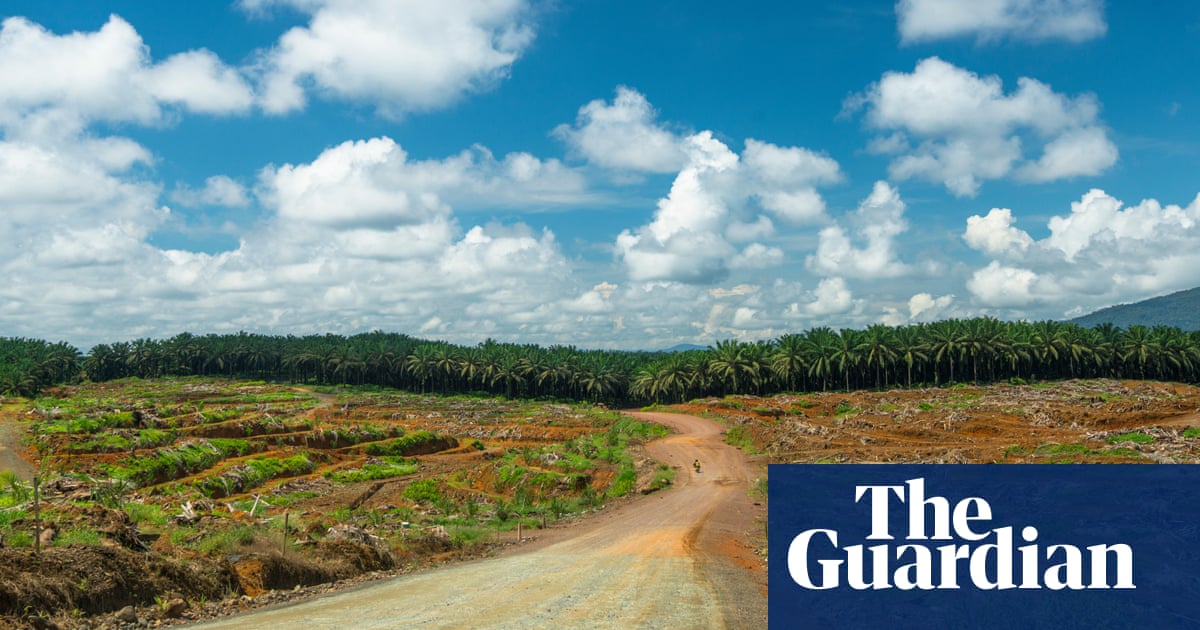Replanting logged tropical forests with a diverse mixture of seedlings can help them regrow more quickly than allowing trees to regenerate naturally, a study has shown.
After trees were felled in the 1980s, the publicly owned Malua Forest Reserve was dedicated to learning how best to restore tropical forests.
Prof Andrew Hector, of the University of Oxford, who set up the experiment more than 20 years ago as part of the South East Asia Rainforest Research Partnership, said: “Our new study demonstrates that replanting logged tropical forests with diverse mixtures of native tree species achieves multiple wins, accelerating the restoration of tree cover, biodiversity, and important ecosystem services such as carbon sequestration.”
The researchers, who published their findings in the journal Science Advances, said that the probable reason for the better recovery was that different tree species occupied distinct niches within the forest ecosystem and so diverse mixtures of planted species complemented each other and increased the effective functioning of the whole ecosystem.
Some tropical species were more tolerant of drought because they produced more protective chemicals, giving the forest resilience during periods of low rainfall.
Hector added: “Having diversity in a tropical forest can be likened to an insurance effect, similar to having a financial strategy of diverse investment portfolios.”
Tropical forests cover 6% of the planet’s land surface but are home to about 80% of the world’s documented species and are major carbon sinks.


